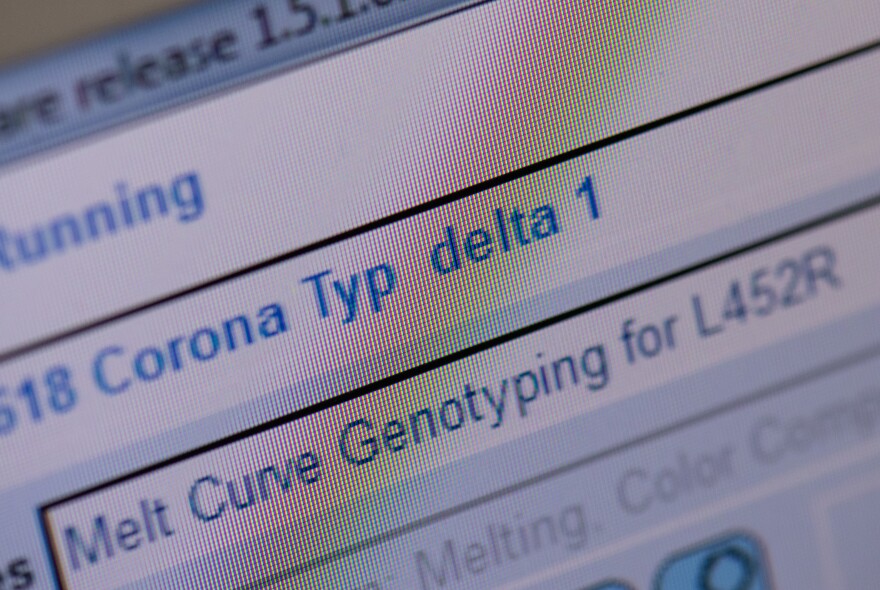The highly contagious delta variant now accounts for more than 51% of COVID-19 cases in the U.S., according to new estimates released by the Centers for Disease Control and Prevention. The variant, also known as B.1.617.2, was first detected in India and is spreading quickly across the globe.
And in parts of the U.S., the delta strain accounts for more than 80% of new infections, including some Midwestern states such as Missouri, Kansas and Iowa.
The delta variant is already causing 74.3% of infections in Western states, including Utah and Colorado, and 58.8% of infections in Southern states such as Texas, Louisiana, Arkansas and Oklahoma, according to CDC estimates.
The good news is the vaccines being used in the U.S. all appear to be highly effective at protecting against serious disease, hospitalization and death. And public health officials are urging the roughly 140 million to 150 million people who remain unvaccinated to get vaccinated.
"Right now we have two Americas: the vaccinated and the unvaccinated America," says Dr. Paul Offit, an infectious disease specialist at Children's Hospital of Philadelphia.
"We're feeling pretty good right now because it's the summer. But come winter, if we still have a significant percentage of the population that is unvaccinated, we're going to see this virus surge again," Offit says.
And it's crucial to increase vaccinations in other countries, says Saad Omer, a vaccine researcher at Yale. "The world has to get its act together," Omer says. "Otherwise yet another, potentially more dangerous variant could emerge."
Copyright 2021 NPR. To see more, visit https://www.npr.org.







